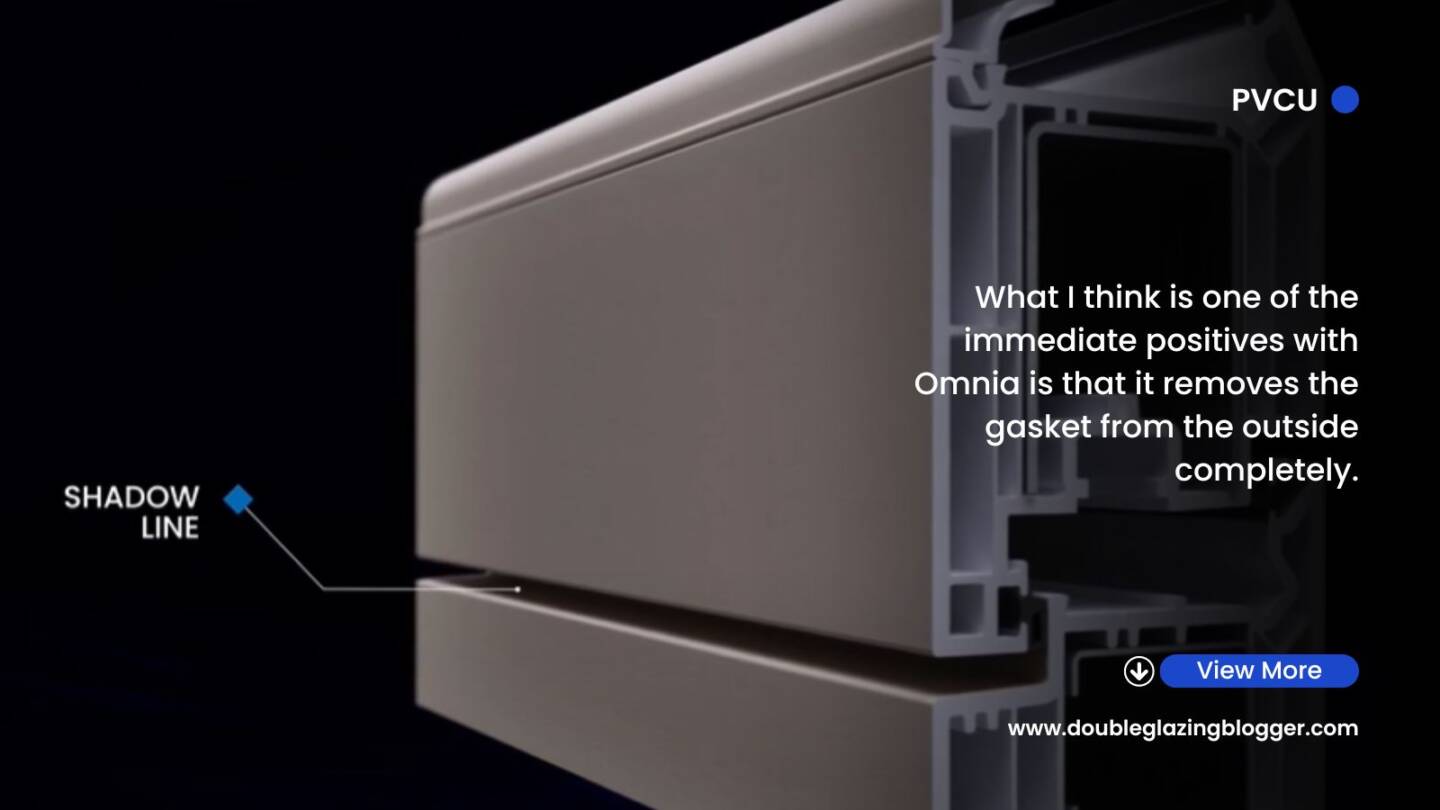Recycling is widely accepted as the right thing to do for any material. Plastic, wood, metal and anything else in between. We’re encouraged to recycle as much as possible. Whole companies and organisations have been created to facilitate the the recycling of post-consumer waste. Including in our own industry. Companies like Eurocell and VEKA have set up massive facilities to take thousands of post-consumer window and door frames and turn them into all sorts of things, including new windows and doors.
But research out of America last week hints towards a potentially very serious problem that needs lots more research.
No. 3 plastics could be dangerous
The research I am referring to is from an American website which is exploring the affects of toxins released during the recycling process on people. Here is an extract from that article:
PVC plastics contain numerous toxins that can leach out from start-to-finish of its life cycle from being manufactured to being disposed. This includes the recycling process, where dioxins, lead, cadmium, and a host of chemicals can be released as the plastic is melted at the plant. These toxins negatively affect the health of recycling industry workers – causing skin and respiratory problems — and can even be present in new products made from the recycled material.
When it comes to recycling PVCu windows and doors, is this something that the majority of us considered? Probably not. I know I didn’t until I was shown this article. The concern of the article goes on:
(Ever wonder what happens to the plasticizers, ultraviolet stabilizers, and other additives from the original plastic when it’s recycled into eco-friendly fleece clothing? According “Cradle to Cradle” authors William McDonough and Michael Braungart, some of those chemicals are probably still in your clothes since current recycling technologies do not include the removal of all those extra chemicals.)
Research is currently being done about the risks to humans associated with these trace contaminants in our recycled products.
Right now, the tone of the article says to me that although there are serious concerns, there is still work to do to figure out what these potentially serious toxins do to the human body. Although it probably doesn’t take a genius to figure out that any of these toxins consumed by the human body isn’t going to do it any good.
Read the full article
Having the right procedures
Now I haven’t yet had the chance to go visit the Eurocell and VEKA recycling facilities, although I would love to go see them as I presume they would both make very impressive processes to watch. But I would guess that an article like this would throw up some questions about the process of all plastic recycling, not just windows and doors.
Reading this did concern me. When the wave of recycling plants cropped up all over the UK, was any thought given to the recycling process and the by-products they produce? As I haven’t set any of them up, I wouldn’t know personally, but I would hazard a guess that some plants perhaps haven’t given this any thought. But then on the other hand, perhaps there was nothing known until now to cause worry.
Could something like this be the next asbestos? Perhaps not, the industry isn’t as old. But an article like this does throw up the opportunity to review the whole recycling process to ensure that the people working in these factories are kept as safe as possible.
Recycling of post-consumer PVCu windows and doors will continue and will continue to be a growing industry. But it needs to be done safely. This I think is going to be an issue that we need to be keeping an eye on.






Since a local company called recycle recycle went out of business i have had problems trying to find someone to take all the old plastic windows we have deglazed for recycling. Does anyone know of a company based around the Berkshire area as we are based in Maidenhead who will come and collect them and recycle them. They are stacking up nicely. We dont buy our profiles from Eurocell or Veka so can anyone recomend a company that would pick up the old windows?
TIA
Malcolm Flitton
I’m pretty sure Veka recycling will still take them